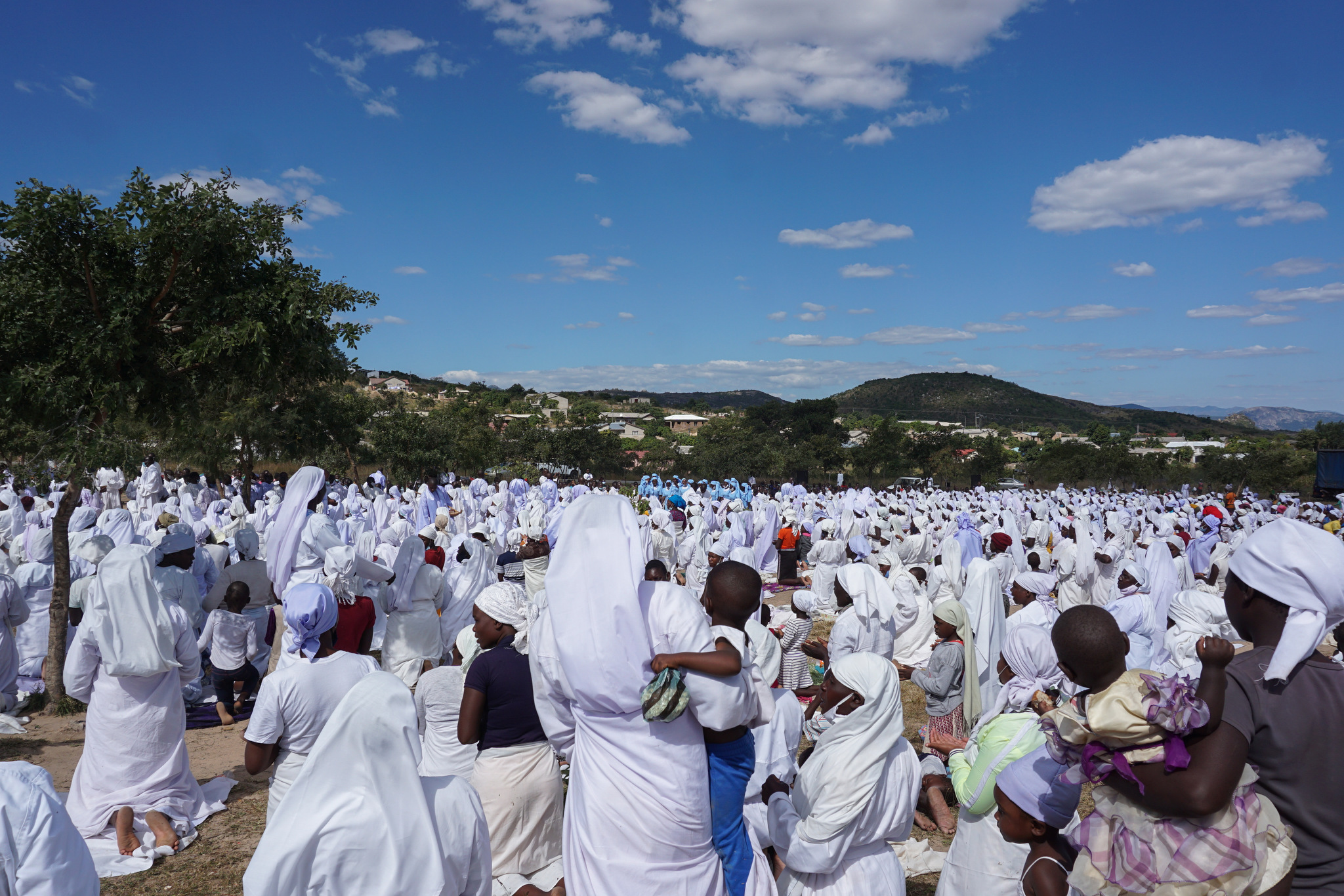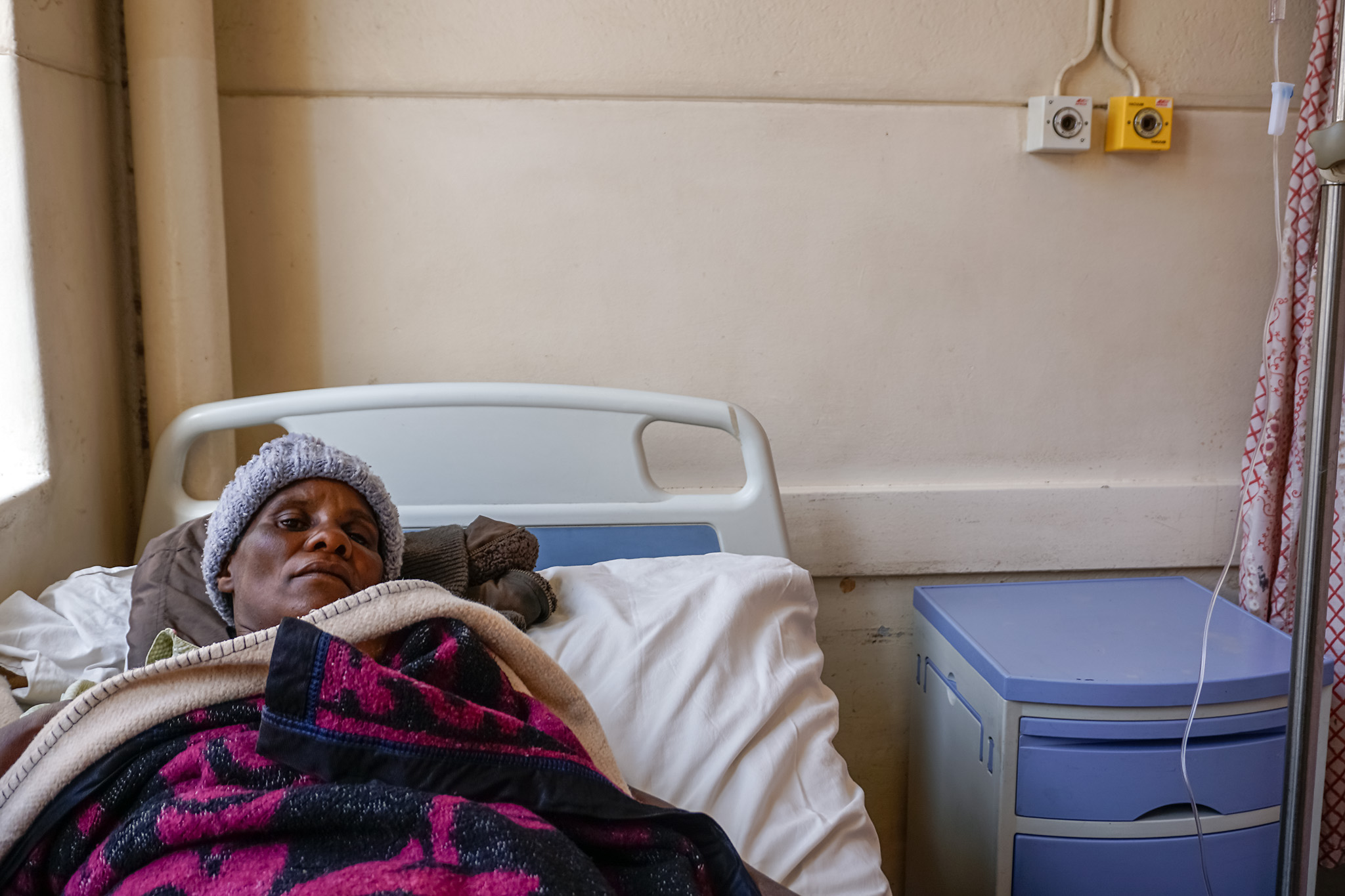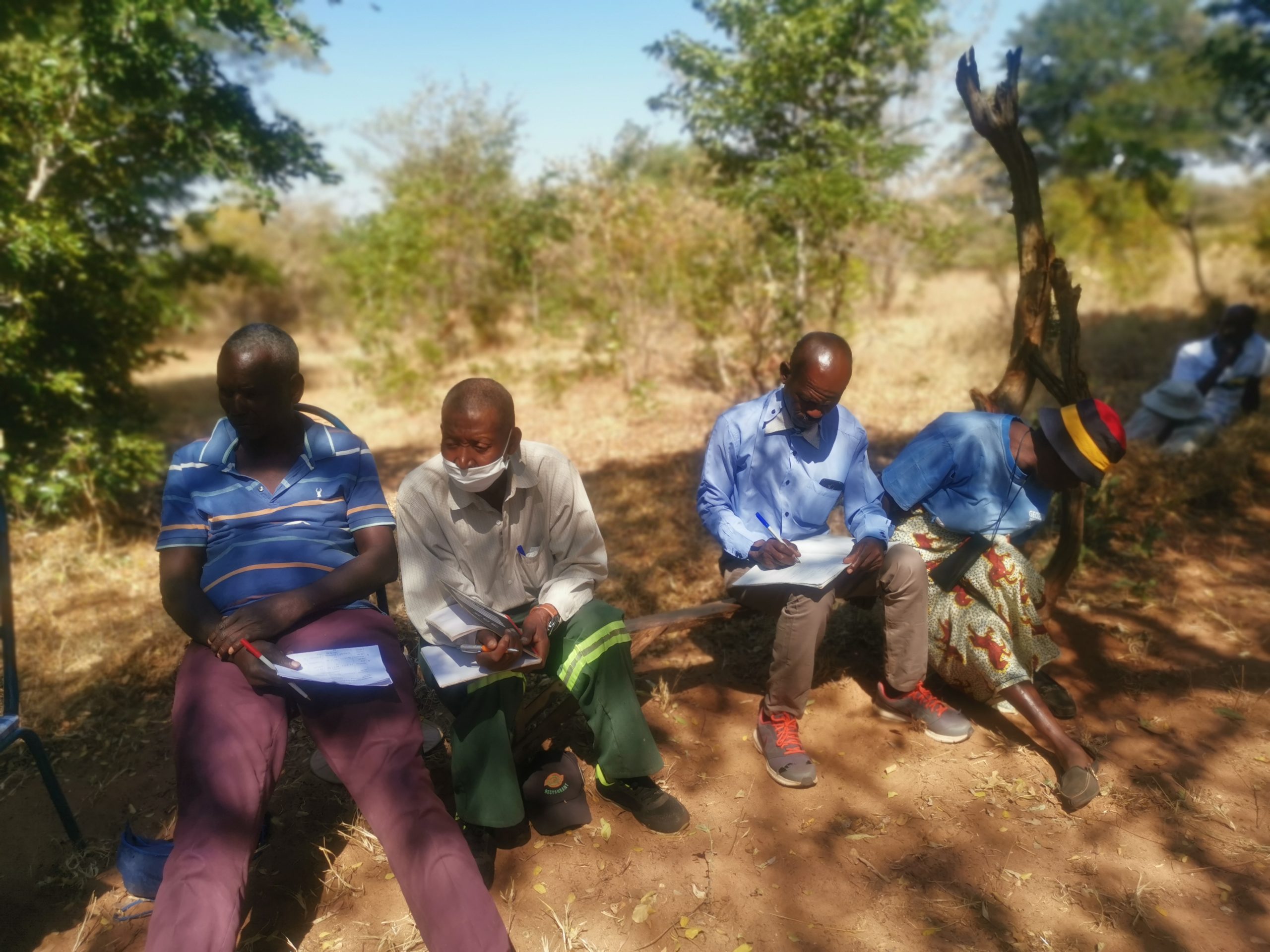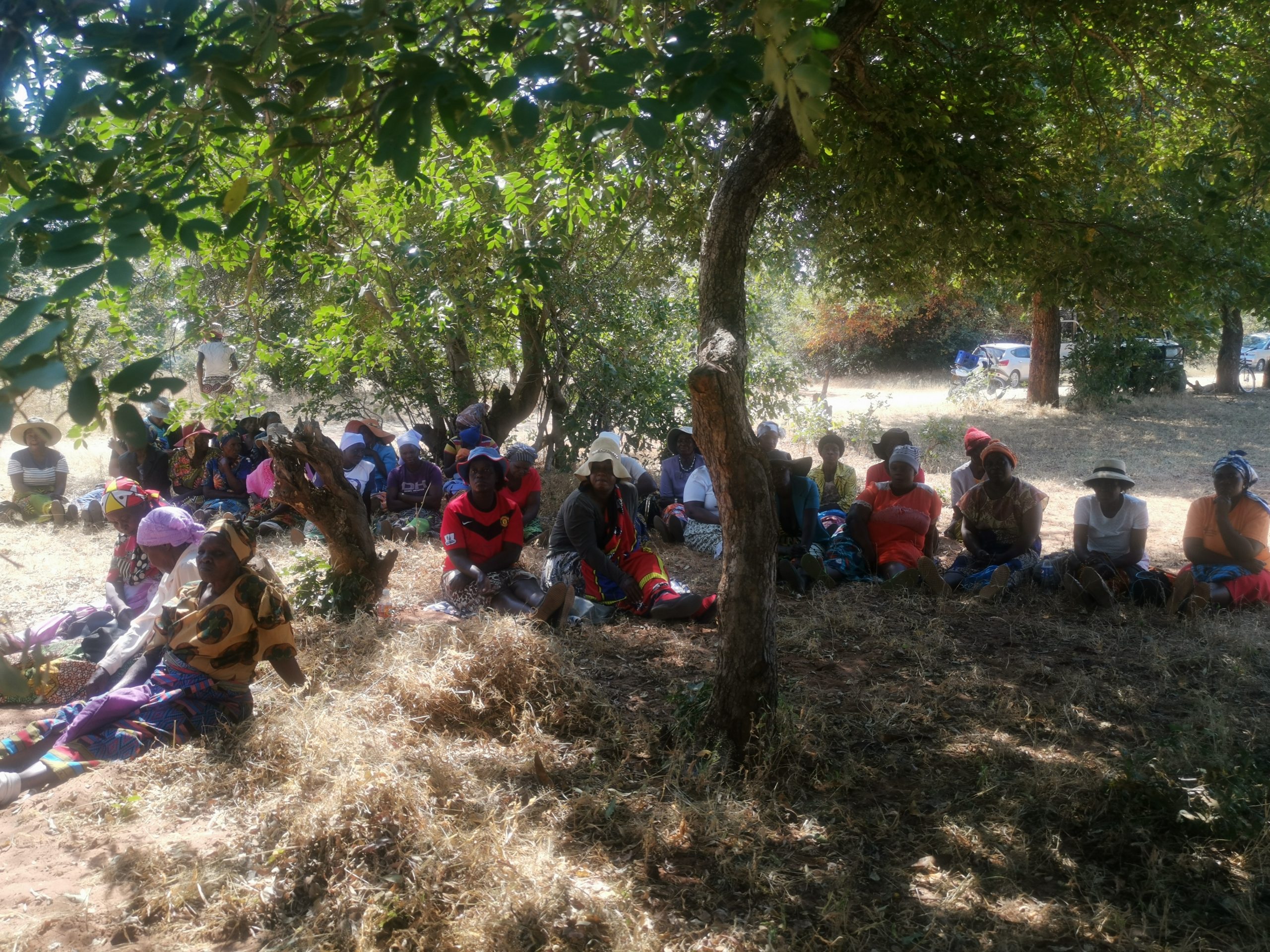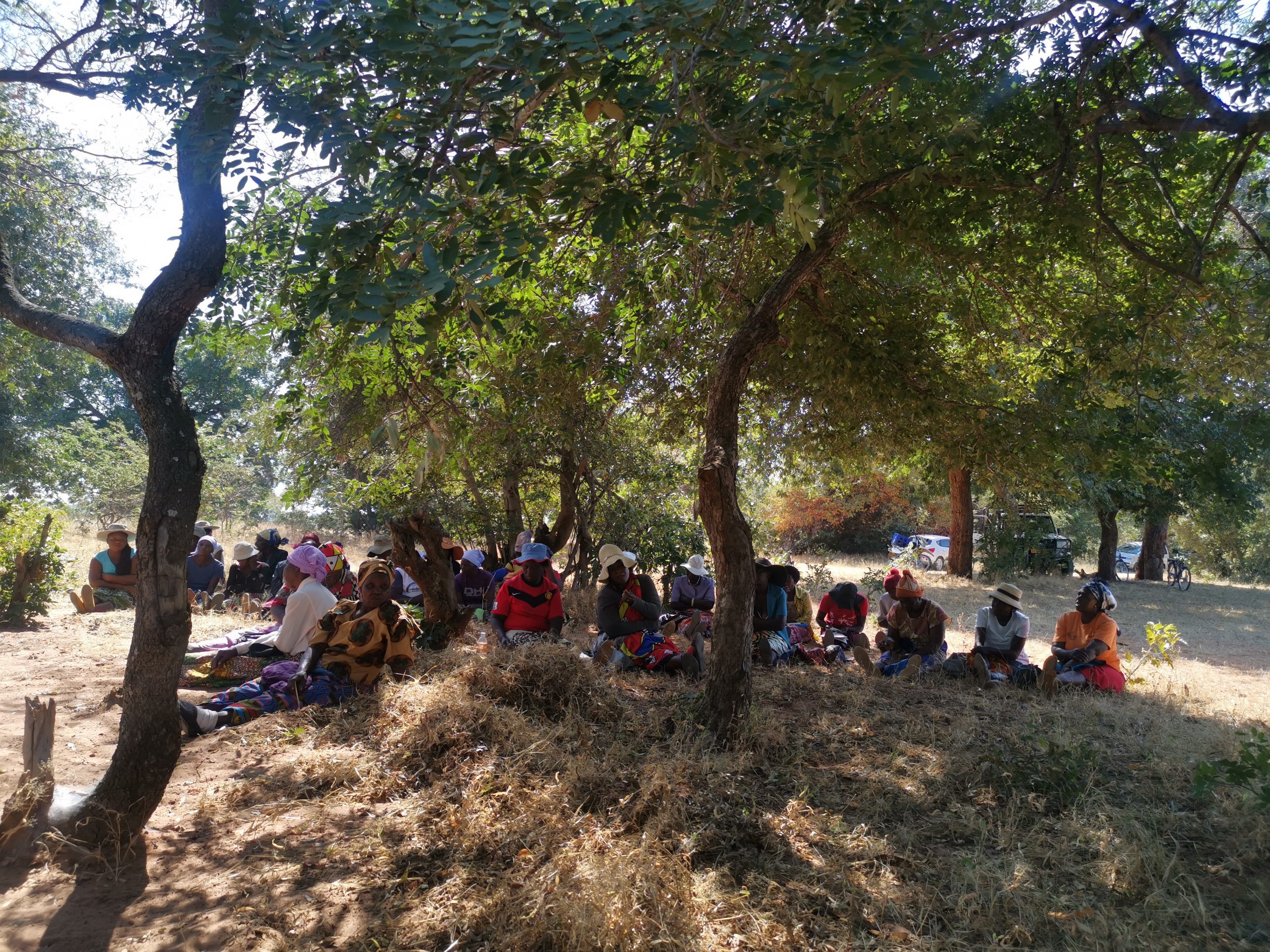BY ANDREW MAMBONDIYANI
As Zimbabwe’s coal industry expands, residents around the western town of Hwange are experiencing the effects of underground coal seam fires.
Residents, particularly children, and livestock are at risk from falling into the smoldering fires beneath unstable ground.
Unfenced areas above the fires are often used as outdoor toilets, playgrounds, and grazing areas. Victims suffer burned legs, and in one case, a young girl died of her burn injuries.
“The [Hwange] community is living in fear of these fires as the number of people getting burned increases by each passing day. Livestock, especially in the Madubasa area [in Hwange], have also fallen victim to these fires,” said Fidelis Chima, coordinator of Greater Whange Residents Trust.
Most of these fires start with the ignition of exposed coal seams, but they can also spark in coal storage or waste piles.
Coal seam fires, which can ignite naturally as well as through human activity, can burn for decades and even thousands of years.
Thousands of fires are burning at any given time, releasing toxic fumes that account for three percent of the world’s carbon emissions and release 40 tons of mercury to the atmosphere every year.
A report by the Centre for Natural Resource Governance, an environmental organization based in Zimbabwe, revealed that the underground coal fires in and around Hwange have left some residents with “near-death experiences and permanent disabilities.”
“We have so far recorded seven cases of severe coal fire injuries, of which one ended in fatality,” said Farai Maguwu, the director of the Centre for Natural Resource Governance.
Worse, he said, “no one really knows the extent of the coal seam fires. Often residents are only alerted through a disaster.
The Hwange Colliery Company Limited (HCCL), a coal mining and production company in Zimbabwe, says it is addressing threats associated with the coal seam fires by working with industry professionals and local communities.
HCCL managing director Charles Zinyemba said public awareness campaigns are regularly carried out in schools and villages in the area.
“Tribal elders were engaged to assist in disseminating this information to the villagers.
“Communities in close proximity to the affected areas were and will continue to be informed of temporary measures to manage risks such as road diversions…as well as placement of signage at the affected areas,” he said in a statement.
Zinyemba also said HCCL had hired a German company, DMT, to help with subsurface fire detection (including magnetic mapping) and extinguishing.
The company also invested in a drone equipped with a thermal imaging camera, which it will use for security purposes as well as underground fire detection.
“We have confidence that put together, all the above interventions will soon absolutely contain the spontaneous fires, all in the best interest of the Hwange citizenry and related stakeholders,” Zinyemba said.
Chima said the Greater Whange Residents Trust was working closely with both HCCL and Zimbabwe’s Ministry of Environment to find a solution to the underground fires. “As an organisation, we will be playing a monitoring role.”
Maguwu acknowledged that awareness campaigns, as well as industry resolve, were critical in fighting the fires.
“This should be done through local radio, social media, public meetings, and schools.
“But the HCCL also needs to invest in technology so as to detect the fires and then take measures to erect fences and danger warning signs,” he said.
The report from the Centre for Natural Resource Governance noted that “some of the victims who are now adults were injured whilst young and had their future ruined by the permanent injuries, lengthy periods spent in hospitals and unending excruciating pain.
The children who fall victim to the coal seam fires suffer a range of physical and psychological effects which include post-traumatic stress disorder (PTSD).”
Maguwu said HCCL must assist victims with medical costs, rehabilitation, and life skills to ensure they overcome these disabilities. – Eos
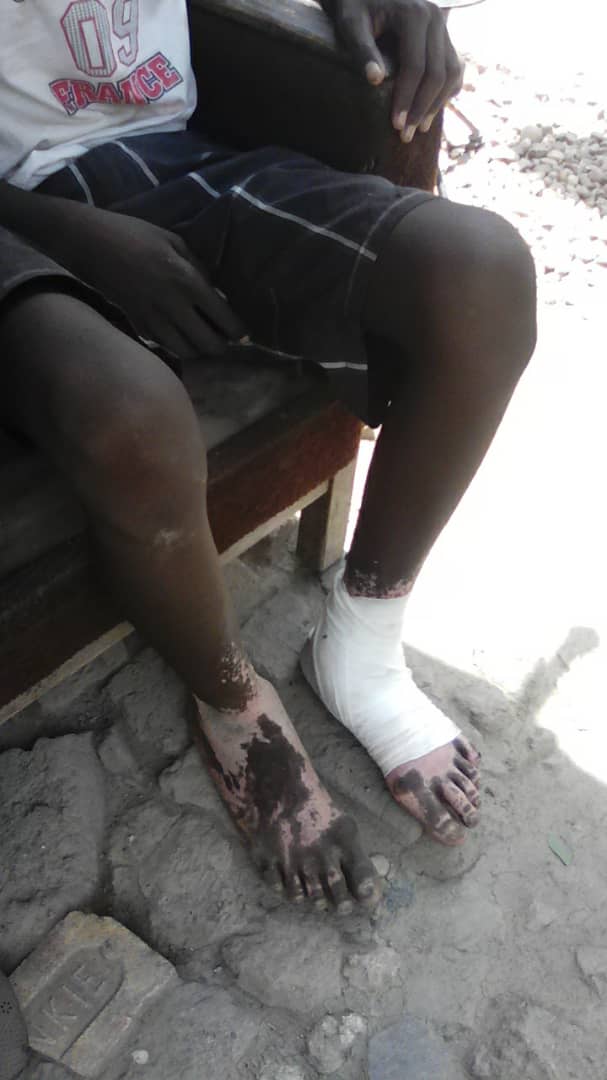

 Slider1 year ago
Slider1 year ago
 News1 year ago
News1 year ago
 Tourism and Environment2 years ago
Tourism and Environment2 years ago
 News3 years ago
News3 years ago
 News2 years ago
News2 years ago
 News2 years ago
News2 years ago
 News1 year ago
News1 year ago
 News1 year ago
News1 year ago
